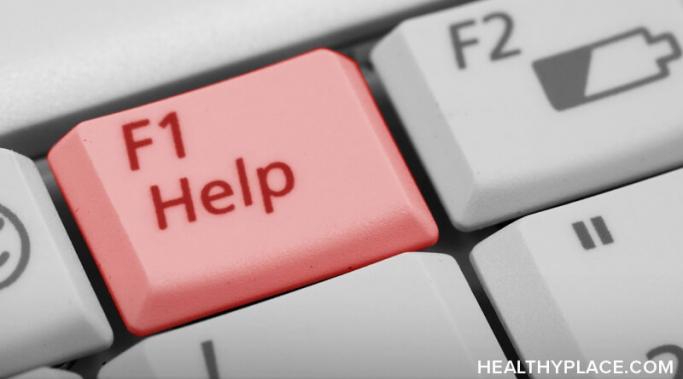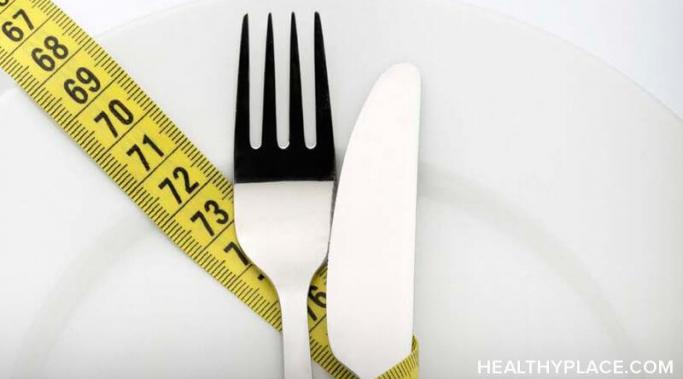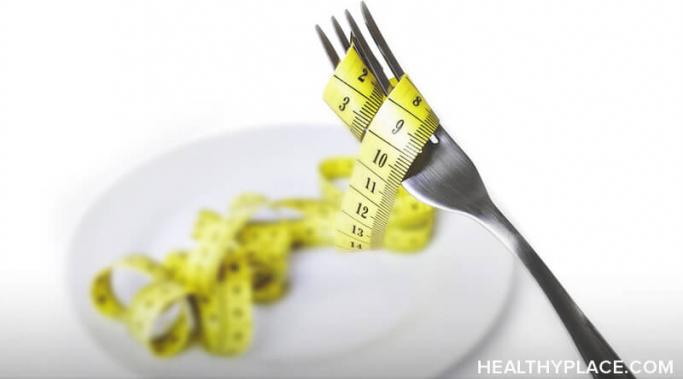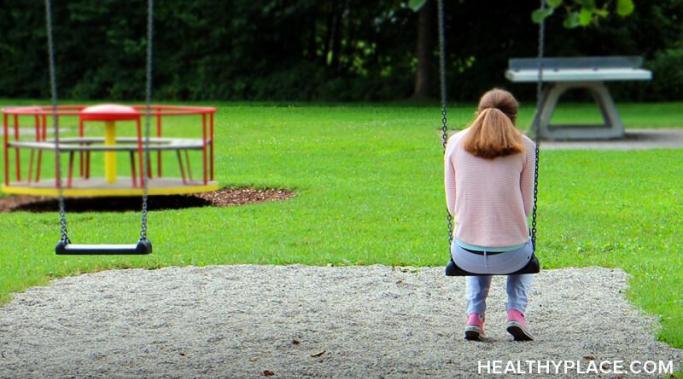When I spent three months in residential treatment back in 2010, the clinicians would frequently encourage the other patients and me to communicate and honor our needs. This practice was meant to teach us how to separate our own inner voices from the control and influence of an eating disorder. As well-intentioned as these clinicians were, however, I remember asking myself: "How can I learn to express my needs if I'm not sure what they are?"
Anxiety and Eating Disorders
I talk about eating disorder recovery all the time. You might call them healing conversations. I unpack the layers and nuances of it with my therapist. I excitedly share these revelations with my partner once the session is over. I journal about what I'm learning in the process. Then I pass on those lessons to the younger women I mentor, who deal with similar experiences of their own.
Hello, my name is Obsessed with Metrics. I say this with snark, but I also genuinely mean it. A few months ago, when I wrote about my exercise addiction, I briefly touched on how metrics fuel this behavior. I count the number of steps I take. I count the number of miles I run. I count the number of stairs I climb. I count the number of minutes I exercise. I count the number of calories I burn. At times, I feel like a human calculator—ironic, since math has never been my strong suit.
When I think about an anorexic mindset, two primary features stand out to me: deprivation and control. Within the eating disorder framework, these attributes often manifest in behaviors such as caloric restriction, compulsive exercise, food rituals, or body image obsession. However, an anorexic mindset can impact many areas of life outside the parameters of an eating disorder as well.
I am not the type who writes a meticulous, in-depth list of resolutions each year. But with the start of 2023 just around the corner, I have been reflecting on which aspects of my life should come with me into the future and which ought to be left behind in the past. Which behaviors, mindsets, attributes, or relationships have I outgrown? Which characteristics align with my core values, and which no longer serve the person I want to become?
I’ve chosen to avoid pregnancy conversations over the years. I hesitate even to broach this subject in therapy sessions, and the reason is simple: I'm ambivalent about motherhood. The irony is I love children. I am a huge fan of my friends' little ones. I find my nieces and nephew irresistible. But I don't feel strong maternal instincts, and I lack the desire to parent children of my own.
Each year, as the calendar flips to November, I'm hit with a reminder of how complex the holiday season feels in eating disorder recovery. Of course, that's not unique to those with a history of eating disorders. This time of year can be overwhelming for anyone. In 2021, three out of five surveyed Americans felt their mental health worsen over the holidays, with 60 percent noticing a rise in anxiety and 52 percent noticing a rise in depression. Now couple all that with eating disorder stressors or behaviors, and this hectic season can become even more fraught. So with the 2022 festivities just around the corner, let's acknowledge it: The holidays are complex in eating disorder recovery—and that is alright.
Anxiety can negate your appetite. Anxiety and eating disorders often co-occur—that's hardly a shock to those who live with the harsh realities and ramifications of both illnesses. As the National Institute of Mental Health reveals, 65.1 percent of those with binge eating disorder, 47.9 percent with anorexia, and 80.6 percent with bulimia meet the diagnostic criteria for anxiety.
Terminal uniqueness is a concept I first learned about in eating disorder residential treatment. At the time, my restless, irritable teenage brain had no interest in the phrase. But over the years since, I've come to realize that terminal uniqueness is a common barrier to eating disorder recovery. In fact, it's not a unique or rare phenomenon at all—ironically enough. So what does terminal uniqueness mean, and how can it affect recovery? Let's unpack this further.
I constantly move—so much so that I feel anxious if I have been sitting for more than about 20 minutes at a time. In fact, even as I type this sentence, I am doing calf raises while standing in front of my computer. On most days, I run or walk an average of 20,000 steps, and if I fall below that threshold, I frenetically pace around the living room while I watch TV at night. I happen to be someone with a lot of natural energy, but I often wonder: Am I just active, or is it my exercise addiction? Moreover, how can I strike a healthy balance in this area?









